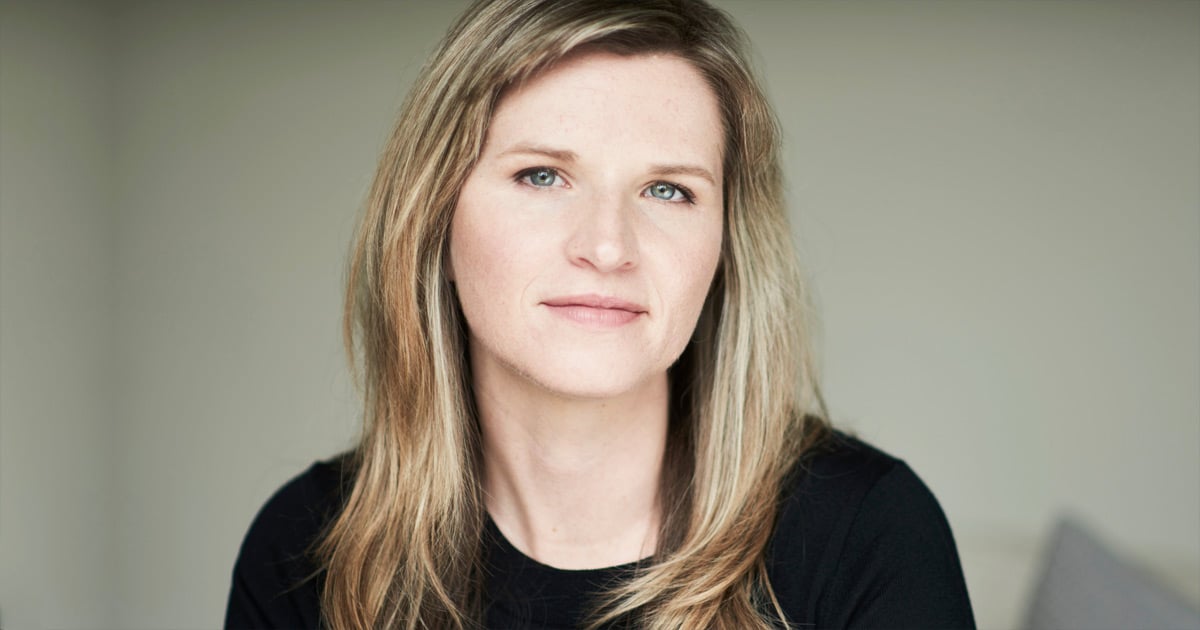Tara Westover on How We Lead the Way Forward

Tara Westover, the best-selling author of Educated, reflected on how women lead the way forward—the theme of the 2020 Pennsylvania Conference for Women—and suggested it may begin with recognizing what we don’t know so we are able to restore meaningful dialogue in these highly polarized times.
“As the author of a book called Educated, I am supposed to know what it is like to know things, to be certain about things,” Westover said. “But as I thought about this difficult period, I thought it is not so much about education and certainty and facts; it’s not just about what we know but about what we don’t know.”
Using her own experience as an example, she observed that she once thought “feminism” was a dirty word, had wrong and hurtful thoughts about race, and was homophobic. But education—and the opportunity to express her opinions, however objectionable they were — allowed her to think through what she really believed, adding that many in our nation require that same opportunity now.
More excerpts from her talk follow:
- “Sometimes I wonder if what has gone wrong with our political process is that we have forgotten what we don’t know. We are so bombarded with caricatures of each other that we’ve started to think just because we know one thing about a person, we think we know everything we need to know about them.”
- “What we’ve forgotten maybe is the difference between ignorance and humility. It’s OK not to know everything. And there are some situations where approaching it knowing what you don’t know is probably the best thing you can do.”
- “I have to believe that it is worth arguing with people who disagree with you—even on really important issues. Even on important moral issues, things you feel strongly about. It is still worth arguing with those people and explaining your ideas. That is the original idea of what politics is: It’s persuasion.”
- “And I have to believe in that because I was someone who at various points in my life was wrong about almost everything—things that now are really important to me, I had the opposite view when I was younger.”
- “I was raised in a household in which feminism was a dirty word. I don’t think I ever said it aloud until I was in graduate school. I grew up with really strange ideas about race. And I was lucky enough to be able to be given the opportunity to change my mind and learn more and understand experiences that were different from mine.”
- “I was homophobic. I was raised with strange ideas about that. And strange is a euphemism. They were not correct, they were hurtful.”
- “I am grateful I was given the opportunity through the education system to learn more, to say my views no matter how objectionable they were, and be given a chance to think through what I really believed.”
- “So important as I think all of these issues are and as important as it is to stand up for people, I am so grateful I was given an opportunity to change.”
To go forward as a country, she concluded, may mean we need to give more people a chance to change, to have a meaningful dialogue, and for us all to know the things we don’t know.
About Tara Westover
Tara Westover is the best-selling author of Educated, reflected on how women lead the way is the author of Educated, which was on The New York Times bestseller list for more than 130 weeks. Born to survivalist parents in the mountains of Idaho, she never attended school and, instead, spent her childhood working in her father’s junkyard or stewing herbs for her mother—until, at 17, she decided to escape a violent older brother and isolated home life to carve out a new life for herself.
She taught herself enough to get into college—having come to believe, as her parents taught her, that you can teach yourself anything better than someone else can teach it to you. Then she went on to graduate magna cum laude from Brigham Young University, earn a master’s degree in philosophy, become a Harvard University fellow, and complete a Ph.D. in history from Cambridge University.
The experience transformed her; and her brilliant telling of it has been inspiring millions. It has also been sparking important conversations, at a time when millions of young people are suddenly engaged in remote learning, about education, gender roles, and societal divisions and how we might overcome them.
Check out more highlights from the 2020 Virtual Pennsylvania Conference for Women!